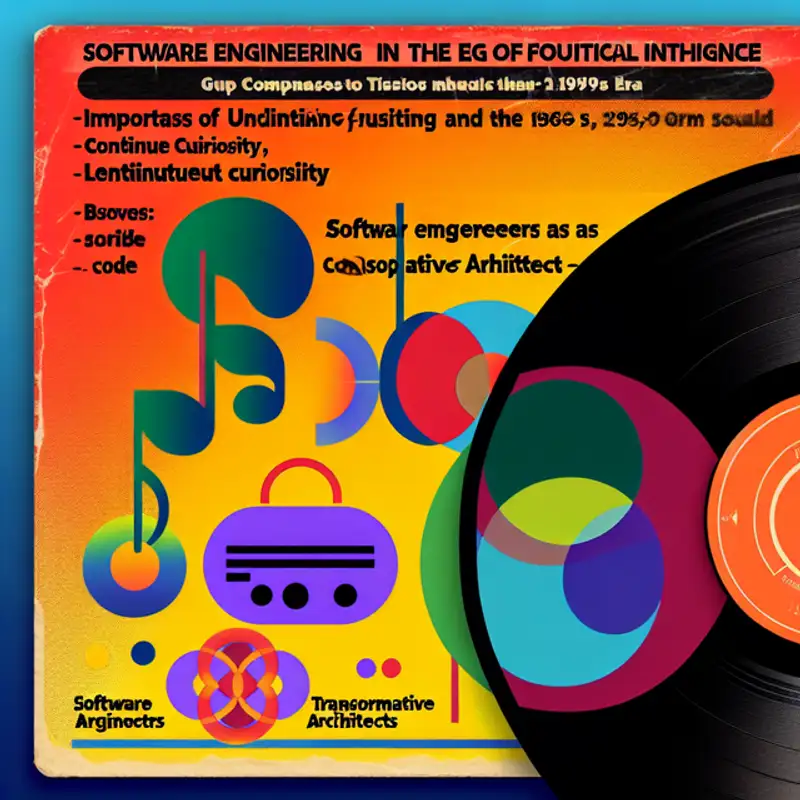 Episode
Episode
· 02:36
In a world where artificial intelligence seems to rewrite the rules daily, some pillars in software engineering remain marvelously unshaken. Alex Balazs, CTO at Intuit and self-professed computing geek since 1983, reminds us in Fast Company that despite AI’s rise and tools that increasingly “code for us,” the essence of great software engineering hasn’t really changed. Balazs highlights three timeless cornerstones: understanding the “why” behind the code, nurturing a relentless curiosity, and developing leadership skills—even if you never manage a team. As AI takes over routine tasks, these human attributes become even more essential, not less. He says, “Time previously spent on routine coding tasks can now be devoted to strategic decisions,” making deep thinking and communication the real superpowers of modern developers.
Key Points:
The “Why” is Still King:
Curiosity is a Constant:
Leadership Without the Title:
AI’s Impact:
Core Takeaway:
Recommended Tools Mentioned:
Checking for Accuracy:
Overall, this article offers a grounded and optimistic roadmap for staying relevant in an evolving software world—where the tech may change, but the soul of a great engineer endures.
Link to Article
Listen to jawbreaker.io using one of many popular podcasting apps or directories.